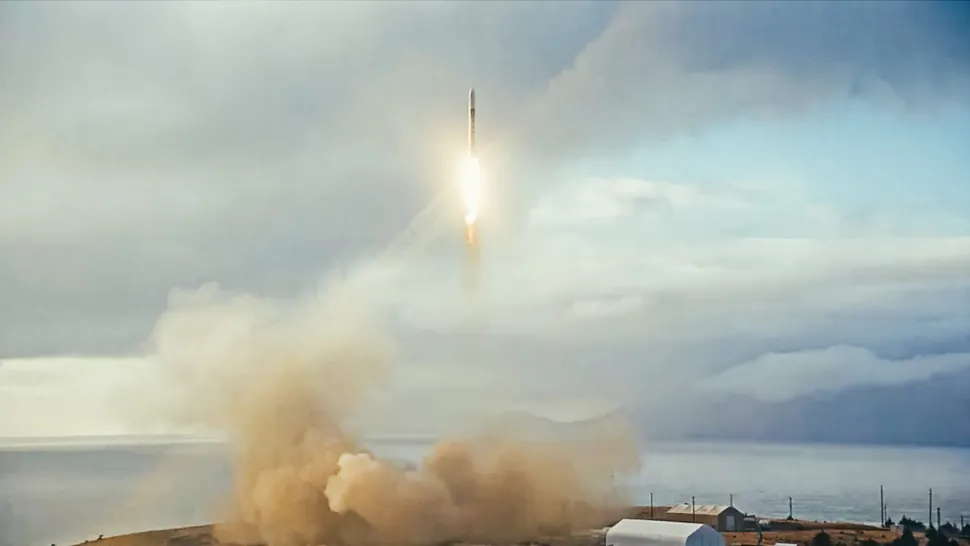ABL Space Systems faces a setback in its plans to conduct its second orbital launch after its RS1 rocket was destroyed during a recent preflight test. The California-based startup was preparing for the test flight of its RS1 rocket, scheduled to lift off from the Pacific Spaceport Complex in Alaska. However, the rocket was severely damaged and is no longer in a condition to proceed with the launch.
RS1 Rocket Suffers Irrecoverable Damage
On Friday, following a pre-flight static fire test, a residual pad fire caused significant and irrecoverable damage to the RS1 rocket. ABL Space Systems announced on X (formerly Twitter) on Monday, July 22, that the incident is under investigation. “The team is investigating the root cause and will provide updates as the investigation progresses,” ABL stated.
Static fire tests are a standard procedure in rocket preparation, where the rocket’s first-stage engines are ignited while the vehicle is secured to the launch pad. Unfortunately, the pad fire during this test has rendered the RS1 rocket unusable. The company has yet to provide additional details about the nature of the pad fire, which marked their first post on X since May 2.

RS1 Rocket and Its Market Ambitions
ABL Space Systems developed the RS1 rocket with the ambitious goal of capturing a substantial portion of the small-satellite launch market, which has seen significant growth in recent years. Measuring an impressive 88 feet (27 meters) in height, the RS1 rocket is engineered to deliver payloads of up to 2,975 pounds (1,350 kilograms) into low Earth orbit (LEO) with each launch. This capacity makes it a versatile option for deploying various small satellites into orbit, catering to a range of commercial and scientific missions. Each launch of the RS1 is priced at approximately $12 million, positioning it competitively in the market for cost-effective, reliable space access.
One of the notable features of the RS1 rocket is its design for rapid and efficient deployment. According to ABL’s user guide, the rocket’s two stages are designed to fit within standard shipping containers. This compact design facilitates easier transportation and quicker setup at launch sites, reducing the logistical complexities and turnaround times typically associated with space missions. The ability to fit the RS1’s components into standard containers also supports streamlined and flexible launch operations, allowing ABL Space Systems to cater to a diverse array of customer needs in the growing small-satellite sector. This approach reflects ABL’s commitment to making space access more efficient and accessible, aligning with the evolving demands of the satellite industry.
“RS1 was developed for the high-cadence, no-fuss future of orbital launches. We break the trade-off between cost, reliability, and flexibility,” the company emphasized in its rocket description.
Previous Flight and Ongoing Improvements
The RS1 rocket has had one previous flight, which took place on January 10, 2023, from the Pacific Spaceport Complex. This test mission aimed to deliver two CubeSats to LEO but encountered a critical issue. The rocket suffered a malfunction, leading to its return to Earth. ABL Space Systems attributed the problem to a fire within the rocket, which resulted in the shutdown of all nine first-stage engines.
In November 2023, ABL disclosed that the fire was caused by an overly restrictive launch mount and flame deflector, leading to plume recirculation and overloading of the RS1’s base heat shield. “The source of the fire is attributed to an overly restrictive launch mount and flame deflector that created plume recirculation, overloading RS1’s base heat shield,” the company explained in a mishap update.
To address these issues, ABL has identified 22 corrective actions, including redesigning the launch mount and flame deflector, enhancing closeouts and harnesses, and implementing additional risk mitigation strategies. The company is committed to resolving these issues to prevent future mishaps and ensure the reliability of upcoming missions.








